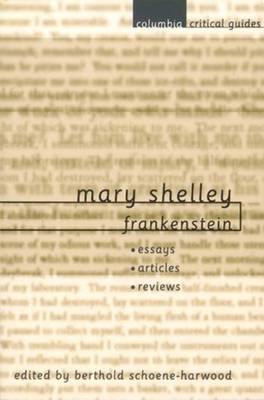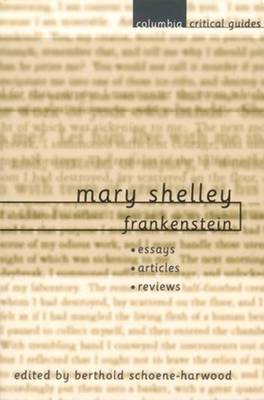
- Afhalen na 1 uur in een winkel met voorraad
- Gratis thuislevering in België vanaf € 30
- Ruim aanbod met 7 miljoen producten
- Afhalen na 1 uur in een winkel met voorraad
- Gratis thuislevering in België vanaf € 30
- Ruim aanbod met 7 miljoen producten
Zoeken
€ 44,45
+ 88 punten
Omschrijving
Mary Shelley's first novel has established itself as one of modernity's most compelling and ominous myths. Frankenstein poignantly captures the spirit of the early 1800s as an age of transition tragically divided between scientific progress and religious conservatism, revolutionary reform and conformist reaction. This Guide encapsulates the most important critical reactions to a novel that straddles the realms of both high literature and popular culture. The selections shed light on Frankenstein's historical and socio-political relevance, its innovative representations of science, gender, and identity, as well as its problematic cultural location between academic critique and creative production. Ranging from the first reviews in 1818 to postmodern readings of the mid-1990s, the Guide illuminates one of British literature's most spectacular novels.
Specificaties
Betrokkenen
- Uitgeverij:
Inhoud
- Aantal bladzijden:
- 192
- Taal:
- Engels
- Reeks:
Eigenschappen
- Productcode (EAN):
- 9780231121934
- Verschijningsdatum:
- 27/12/2000
- Uitvoering:
- Paperback
- Formaat:
- Trade paperback (VS)
- Afmetingen:
- 132 mm x 198 mm
- Gewicht:
- 222 g

Alleen bij Standaard Boekhandel
+ 88 punten op je klantenkaart van Standaard Boekhandel
Beoordelingen
We publiceren alleen reviews die voldoen aan de voorwaarden voor reviews. Bekijk onze voorwaarden voor reviews.







